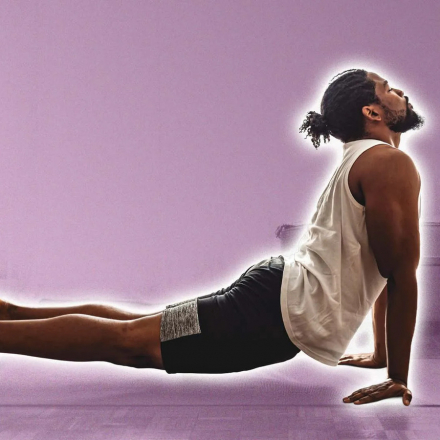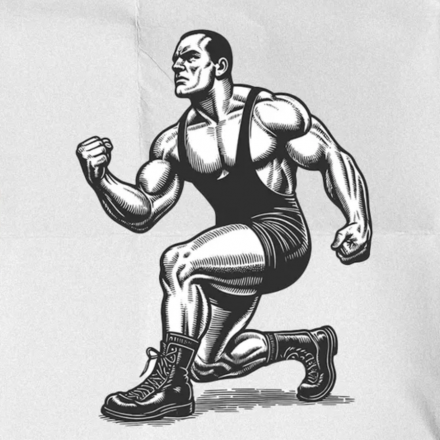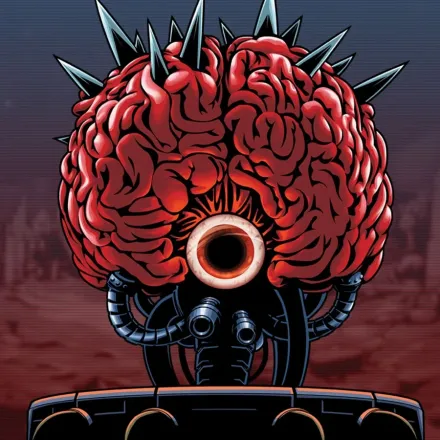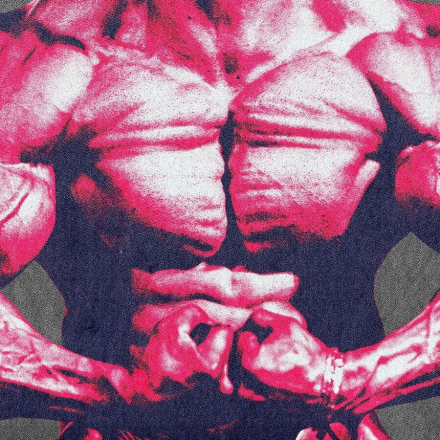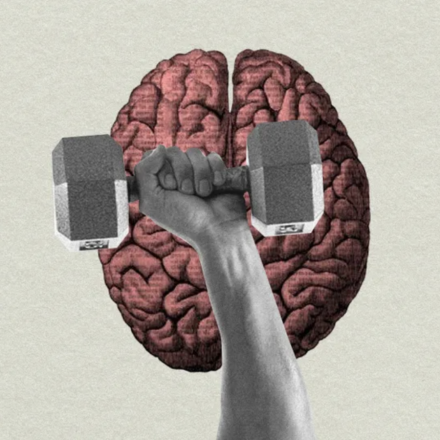In a world where men are expected to be strong, resilient, and tough every day, good health isn't optional — it's a necessity for success. But let's be honest: most of us only think about doctors when something hurts. And that's a mistake.
A regular health check-up isn't about fear; it's about control, prevention, and living a long, active life. And yes, the list of tests and screenings changes as you get older. Let’s break it down and find out what you need to check at 20, 30, 40, and 50+.
Check-up for Men Aged 20–29
"Start right — win the years"
You're at the peak of your physical form: hormones in check, muscles are growing, everything’s working. But that doesn’t mean you can relax. Now is when you're setting the habits that will either prolong your youth or come back to bite you in your 30s.
What to check:
-
Complete blood and urine tests — the basics that provide an overall health snapshot.
-
Blood pressure — ideally around 120/80.
-
Cholesterol levels — yes, even at 25, it’s important to keep an eye on this.
-
Sexually transmitted infections (STIs) tests — if you're sexually active.
-
Vitamin D and testosterone levels (if you're feeling constantly tired or noticing a drop in libido).
-
Vision and hearing tests — especially if you work with computers or in noisy environments.
Key takeaway: Make it a habit to get checked once a year — it's an investment in your future health.
Check-up for Men Aged 30–39
"The age when the body starts to send signals"
You're still young, but you’re starting to notice the first signs of overload: stress, sleepless nights, bad diet. This is when testosterone levels begin to drop (about 1% per year after 30).
Add to the previous tests:
-
Testosterone (total and free) — an essential marker of male health.
-
Fasting blood glucose — checking for prediabetes risks.
-
Liver function tests — especially if you drink alcohol or take supplements.
-
Abdominal and thyroid ultrasound.
-
Electrocardiogram (ECG) — especially if you exercise a lot or are under stress.
-
Prostate check — not yet mandatory for everyone, but a PSA test (prostate-specific antigen) gives peace of mind.
Key takeaway: After 30, it's important to monitor your hormonal balance and focus on target organs like your liver, heart, and pancreas.
Check-up for Men Aged 40–49
"Time to play the long game"
You're no longer a boy, but you're not a grandpa either. This is the "double-speed" phase: on the outside, you're a confident man, but inside, your body needs regular maintenance. Neglected small issues can quickly turn into serious problems like heart attacks, diabetes, or even cancer.
What to add:
-
PSA test (prostate-specific antigen) — now every year.
-
Colonoscopy or stool test for hidden blood — for colon cancer prevention.
-
Thyroid function tests (TSH, T3, T4).
-
Echocardiogram and stress tests — to check your heart under strain.
-
Ultrasound of neck and leg arteries — as the risk of atherosclerosis rises.
-
Bone density test — especially if you're prone to injuries.
Key takeaway: In this phase, you need to focus on prevention rather than treatment. Pay attention to heart health, cancer risks, and bone strength.
Check-up for Men Aged 50 and Over
"Your strength is in awareness"
You're experienced, you know what you want, but diseases know how to sneak up on you. At this point, annual check-ups and careful monitoring of your health become essential.
What to do:
-
Everything listed above — annually.
-
Colonoscopy — if you haven’t had it at 45, it’s time to do it now.
-
Hearing and vision tests — especially if you have high blood pressure or diabetes.
-
Bone density test and testosterone levels — yes, male menopause is real.
-
Skin cancer screening — particularly if you've smoked or spent a lot of time in the sun.
-
Cognitive tests — it’s better to catch memory and attention issues early.
Key takeaway: Wisdom is prevention, not cure. It’s all about staying ahead of potential problems.
The Final Advice
Don’t wait for symptoms to appear. Don’t be afraid of doctors. Fear is not knowing, not the diagnosis. Think of check-ups as your annual ritual, like taking care of your car. After all, your body is your most valuable asset. If you want to steer your life, start by taking care of yourself.
Want to be the alpha not just in the gym, but in life? Pay attention to your health. A strong man isn’t the one who ignores pain. A strong man is the one who takes responsibility for himself.





